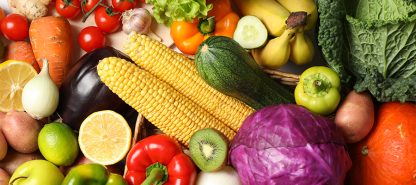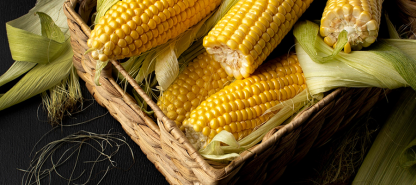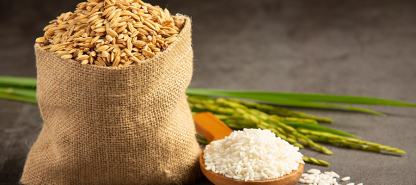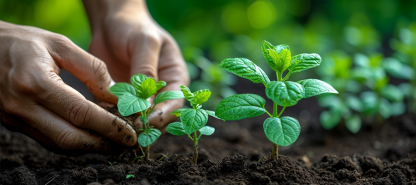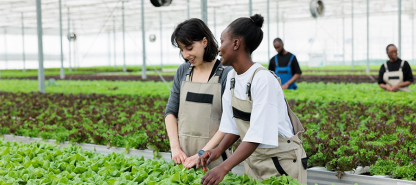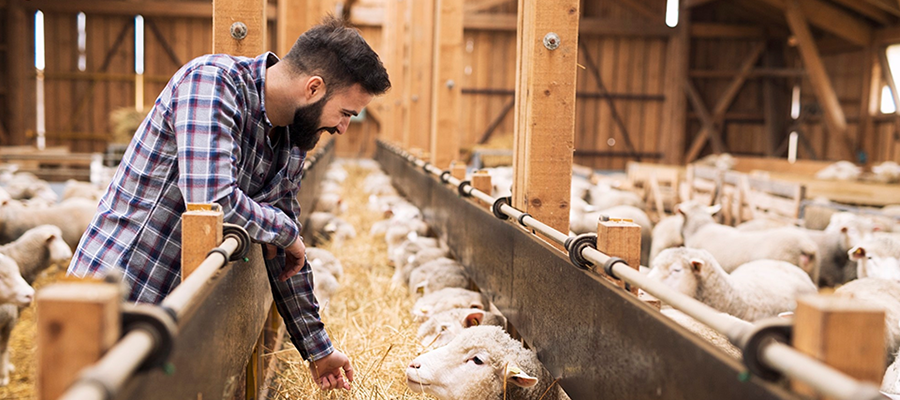
- 27 Aug 2024
The Role of Sustainable Livestock Farming in a Greener Future
Understanding Sustainable Livestock Farming
Sustainable livestock farming is transforming the way we think about food production, focusing on methods that balance animal welfare, environmental responsibility, and economic viability. In this model, farmers adopt practices that reduce greenhouse gas emissions, improve animal health, and promote biodiversity on their land. This approach involves using fewer resources while maintaining productivity, ensuring that farms can continue to operate for future generations. Livestock farming, when done sustainably, plays a crucial role in reducing the carbon footprint of agriculture and promoting a more eco-friendly food system.
The Benefits of Animal Welfare and Environmental Responsibility
Ensuring animal welfare is not only ethical but also beneficial for farm productivity. Healthier animals lead to higher quality produce and more efficient farming. Sustainable livestock farming reduces the reliance on antibiotics and hormones, fostering natural growth and healthier ecosystems. Environmentally, sustainable practices such as rotational grazing and manure management contribute to improved soil health, water conservation, and the reduction of emissions.
- Improved Animal Welfare
- Reduction in Greenhouse Gas Emissions
- Enhanced Soil Fertility
- Efficient Use of Resources
- Conservation of Biodiversity
- Long-Term Farm Viability
Investing in Sustainable Livestock Farming
Investing in sustainable livestock farming presents an opportunity for those seeking to make an impact both financially and environmentally. As consumer demand grows for ethically produced and environmentally friendly meat, dairy, and other animal products, the market for sustainable livestock continues to expand. Investors are recognizing the long-term profitability of supporting farms that prioritize sustainability, animal welfare, and innovation. By backing these farms, investors not only contribute to a healthier planet but also position themselves in a growing market with stable returns. Sustainable livestock farming is paving the way for a greener, more responsible future.

